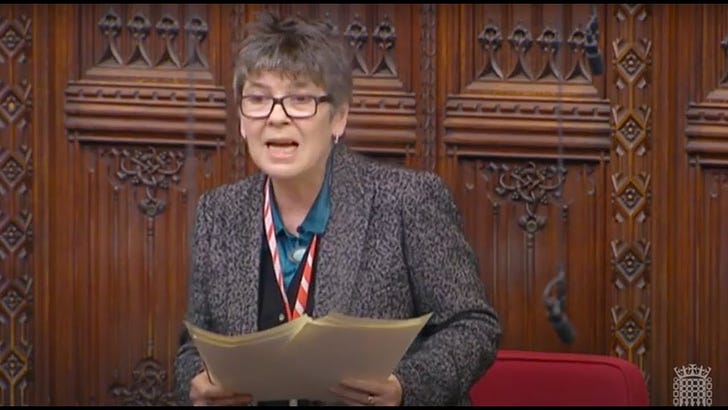When Jeremy Corbyn went from being the token lefty candidate for Labour leader to the favourite to lead the party this summer, it became clear that the old assumptions no longer apply. But while the ‘Corbyn Wave’ appeared to be something new, there was an unmistakable paradox in the fact that the man of the moment had been hiding in plain sight at Westminster since 1983. So is he a blast from the past or a harbinger of things to come? Some suggest his rise represents a momentous shift to the left. With its new £3 registered supporter option, Labour’s ‘membership’ swell to 610,753, with many of the new influx aged under 30. This seemed to echo the rise of the SNP in Scotland as another example of the left-wing populism flaring up across Europe in the wake of SYRIZA in Greece and Podemos in Spain. At the same time, though, more long-established outsider parties like Britain’s UKIP and France’s Front National have enjoyed considerable electoral success, topping the European Parliament polls. With the unlikely emergence of Donald Trump and Bernie Sanders as plausible US presidential candidate, ‘politics as we know it’ seems to be over, but it does not seem to be as simple as a move to the left.
The dramatic ascent of the Sweden Democrats, a party that describes itself as socially conservative with a nationalist foundation, means that when its leader Jimmie Åkesson predicts that his party will one day be strong enough to run the country, serious commentators acknowledge this is possible. It is as yet unclear whether these new political parties command a stable support for specific policies. There seems a more unstable ebb and flow of new parties in the spotlight and showing disenchantment with mainstream politics by voting for the outsider can appear more the sign of anti-politics rather than newly radicalised times. Is it Corbyn’s old-fashioned state socialism programme attracting solid support, or is his appeal that he is Not Blair Or The Other Three candidates? And while UKIP gained four million votes in the general election, their much vaunted rise is now side-lined as yesterday’s flash in the pan story, with UKIP voters being amongst those enthusiastically supporting Corbyn. Why have populist parties become so popular? Does this mark the beginning of the end for many established parties, or is it merely a period of change, more about volatile protest votes than a new historic era? Should we really take seriously some of these movements when they may disappear as quickly as they emerged? If the Corbyn Effect is part of this wider trend, will it last or will it crumble like Clegg-mania amid broken promises and unrealistic ideas? Or are we in fact watching the emergence of exciting new political movements, a reason to be hopeful?
Speakers David Aaronovitch columnist, The Times; author, Voodoo Histories; chair, Index on Censorship Alex Deane managing director, strategic communications, FTI Consulting; Sky News regular; BBC Dateline London panellist Andrew Gimson author and political journalist; contributing editor, ConservativeHome Miranda Green journalist; founding editor, The Day; regular contributor to BBC political shows; former Lib Dem spin doctor Chair Bruno Waterfield Brussels correspondent, The Times; co-author, No Means No










